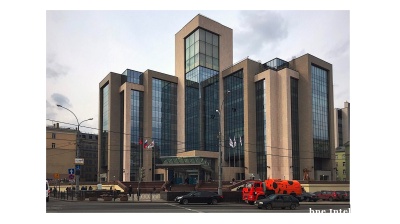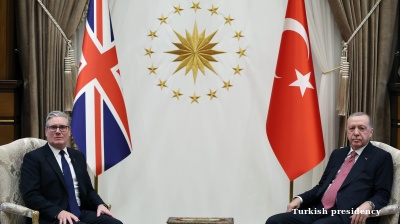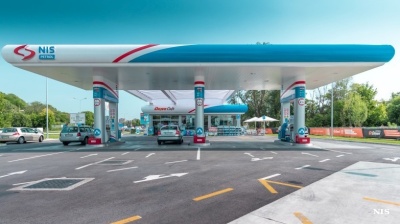New reports from the World Bank released on September 26 suggest that implementing policies to enhance the social inclusion of lesbian, gay, bisexual, transgender, and intersex (LGBTI) individuals could lead to more equitable and just societies while also benefiting the economies of North Macedonia and Serbia.
The research estimates that integrating LGBTI people into the economy could potentially contribute approximately $360mn annually to the combined GDP of the two Western Balkan nations.
The reports highlight that if barriers to entry in the labour market for LGBTI individuals were reduced, leading to decreased discrimination based on sexual orientation, gender identity, and sex characteristics, the annual GDP of North Macedonia and Serbia would rise by an average of 0.6%. This positive development would translate to an additional $64mn for North Macedonia and $293mn for Serbia.
Xiaoqing Yu, World Bank country director for the Western Balkans, emphasised the vital role of inclusion in achieving a country's full development potential, underscoring that access to fundamental services and markets, as well as the opportunity to lead a dignified life, are crucial elements of successful and sustainable development.
“This research shows that LGBTI inclusion is not only the right thing to do but also sound economics.” he stated.
While both North Macedonia and Serbia have implemented significant reforms to safeguard the rights of LGBTI individuals, the reports indicate that discrimination and exclusion persist.
In Serbia, LGBTI individuals are still more likely to face economic disadvantages compared to the general population. Additionally, one in seven LGBTI individuals in North Macedonia continues to encounter workplace discrimination in hiring, termination, and career advancement.
News

West Africa’s BRVM market cap hits record $21.2bn driven by telecoms, banks
West Africa’s regional bourse hit a record market capitalisation, up 29% YTD, supported by strong performance among telecom and banking stocks, and rising participation from domestic institutional investors.

Russia's Lukoil to sell international assets as a result of new US oil sanctions
Russia's second-largest oil producer, the privately owned Lukoil, will sell its international assets as a result of the new oil sanctions imposed by US President Donald Trump last week.

Awkward timing as British PM Starmer arrives in Turkey to sign jet deal on day Erdogan rival is arrested amid UK espionage claims
“Turkish democracy is the casualty of Europe’s rediscovery of Turkey’s strategic value,” columnist writes.

Whistle blown on hundreds of Turkish football referees with betting accounts
Investigation finds 42 gambled on more than 1,000 matches each.




